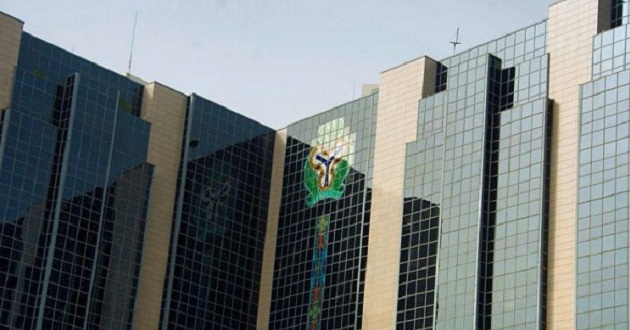Business
Foreign Portfolio Investors withdraw N94.4bn in Q3

Foreign Portfolio Investors (FPI) withdrew more than N94.4 billion in the third quarter of 2018 from the capital market, a member of the Central Bank of Nigeria Monetary Policy Committee, Mr. Robert Asogwa has confirmed.
Asogwa gave the confirmation in his personal statement at the recent MPC meeting, according to a data posted on CBN website.
According to him, capital inflows declined consistently especially since 2018, while outflows have more than doubled during this same period, a situation that has made external financing more challenging for Nigeria.
Asogwa said: “There have been sharp declines in inflows, especially for portfolio investments and Foreign Direct Investment (FDI).
“Between July and September 2018, foreign portfolio investors withdrew more than N94. 4 billion from the Nigerian Stock market alone.
“These movements have been attributed to the monetary policy normalisation process in some advanced economies, which has seen interest rates in places like the USA increased for three times in 2018.”
Asogwa also pointed at investors fear over the 2019 general elections as another contributing factor.
He pointed out that given that monetary policy forecasts for 2019 in many advanced economies suggests policy rate increases, “the capital flow position in Nigeria may possibly worsen in the near future.”
Asogwa said the US Federal Funds rate had been anticipated to reach 3.5 per cent by end of 2019, while the prevailing zero rates in the Euro Areas was expected to move a bit higher by mid-2019.
Read also: 6 reasons 2019 budget is fundamentally flawed… by Atiku
Asogwa further said in the statement that the return of frequent volatility in the oil market was already putting pressure on commodity exporting countries like Nigeria, adding that there are still expectations that prices may drop further in the early months of 2019.
He said: “CBN staff report shows that the NPL ratio, which has risen to 14.70 per cent in August 2018 had declined to 14.05 per cent in October which signals improvement even though it is still above the allowed prudential maximum thus requiring comprehensive NPL reduction strategies from the banks and the regulators.
“In addition, the modest improvement in the Capital Adequacy Ratio (CAR) and the Profitability Indicators (ROE and ROA) in October as compared to August shows that the financial sector weaknesses which was a key concern at the last MPC meeting of September are partly being halted.”
Join the conversation
Support Ripples Nigeria, hold up solutions journalism
Balanced, fearless journalism driven by data comes at huge financial costs.
As a media platform, we hold leadership accountable and will not trade the right to press freedom and free speech for a piece of cake.
If you like what we do, and are ready to uphold solutions journalism, kindly donate to the Ripples Nigeria cause.
Your support would help to ensure that citizens and institutions continue to have free access to credible and reliable information for societal development.






















